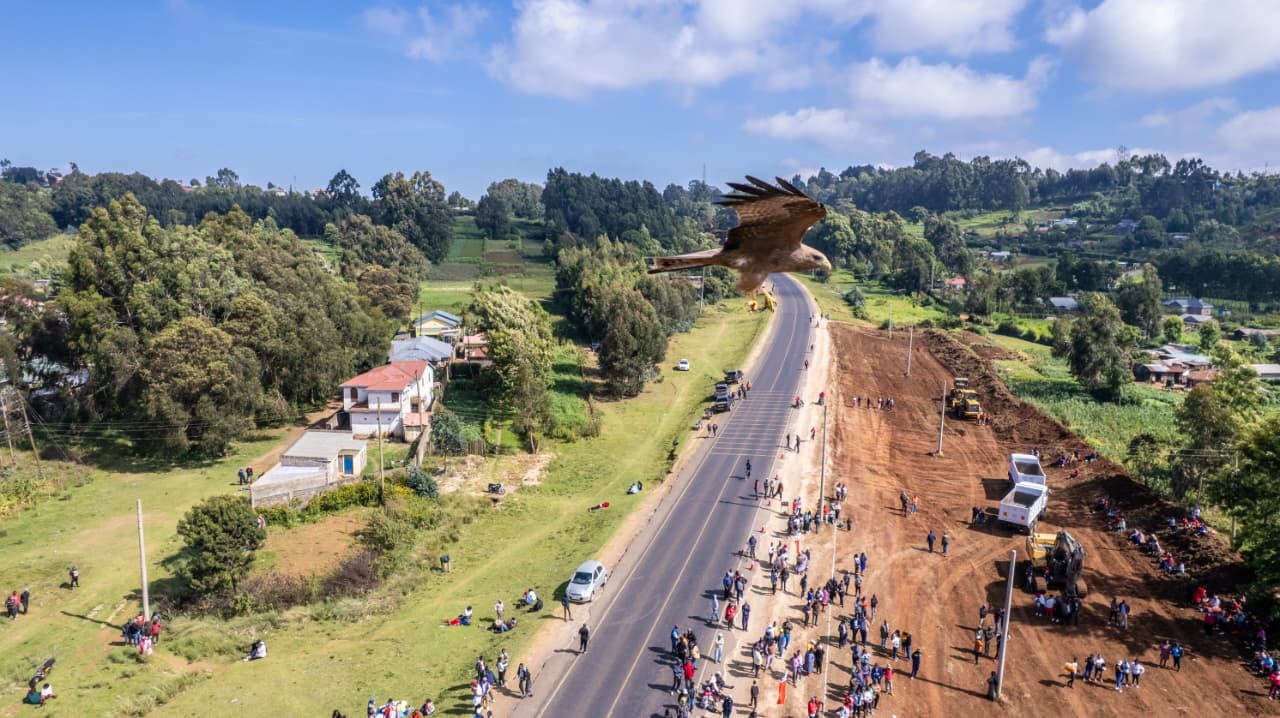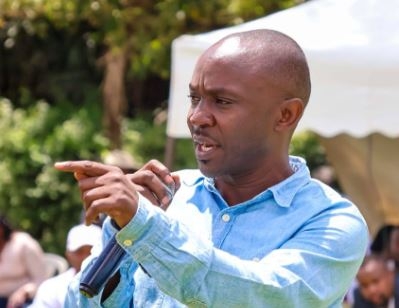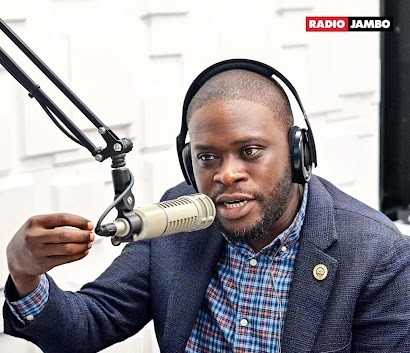The community-driven change, championed by Shining Hope for Communities (SHOFCO) has motivated a number of NGOs globally, a case study conducted by Bridgespan Group has revealed.
US organisation Bridgespan identified five mutually reinforcing mindsets that help orient these NGOs around community members’ priorities and lived experiences.
Based in Boston, Massachusetts, Bridgespan is guiding the philanthropic choices of many leading donors, including MacKenzie Scott, ex-wife to Amazon founder Jeff Bezos, the Bill and Melinda Gates Foundation, the Ford Foundation and the Rockefeller Foundation among others.
Shofco was among the four top organisations in the world that have experienced great success.
This is through ground-up, community-driven change that were sampled alongside Mumbai-based CORO and Youth for Unity and Voluntary Action as well as Ubuntu Pathways, which works in South Africa’s Gqeberha (formerly Port Elizabeth) townships.
Shofco was founded in 2004 by its CEO Dr Kennedy Odede as a way of uplifting his community after growing up in poverty in Kibera slums.
It is a grassroots movement that has impacted over 2.5 million slum dwellers in Kenya through various causes such as access to health, water, community advocacy platforms, education and leadership development for women and girls.
Shofco Urban Network (SUN), a grassroots movement that brings together individuals and households through social groups, is the key pillar of the organisation that ensures community-driven change is achieved.
There are over two million SUN members in Kenya.
SUN has worked closely with the slum population in bringing change to the community through the provision of critical services such as education, health, counselling and food distribution while assisting the local administration in issues such as addressing Gender-Based Violence (GBV), Nyumba Kumi Initiative, National Census and Covid-19 pandemic.
It is not just these success stories that Bridgespan were interested in but rather how they were achieved.
Odede champions community-led change that is premised on uplifting the lives of slum dwellers.
“We can no longer afford to live in a world of aid workers and beneficiaries. We must recognise the talents that exist in marginalised communities and unlock this potential to drive durable social change,” Dr Odede said in a past forum.
It is the same message he shared with USAID directors Michele Sumilas and Adam Phillips who paid a visit to Kibera.
The visit from the USAID officials happened after Odede hosted the administrator of the American aid agency Samantha Power just before she assumed office in March 2021 during the inaugural World Communities Forum.
Shofco has a cutting-edge water treatment facility in the slums that can pump up to 300,000 litres of water at a time, two tuition-free schools for girls in Kibera and Matahre plus seven clinics attending to over 600 patients a day at near-zero cost.
WATCH: The latest videos from the Star














